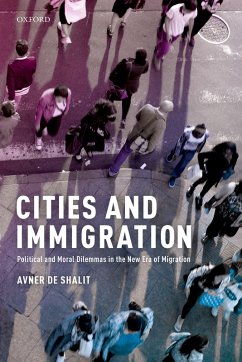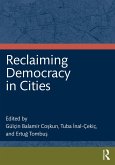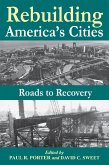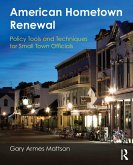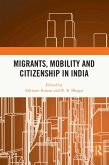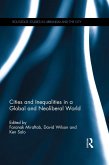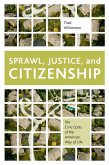All over the world immigration is one of the most urgent political issues, creating tensions and unrest as well as questions of justice and fairness. Academics as well as politicians have been relating to the question of how states should cope with immigrants; but 96% of immigrants end up in cities, and in Europe and the USA, two thirds of the immigrants settle in seven or eight cities. Indeed, most of us encounter with immigrants as city-zens, in our everyday life, rather than as citizens of states. So how should cities integrate immigrants? Should cities be allowed to design their autonomous integration policies? Could they issue visas and permits to immigrants? Should immigrants be granted voting rights in local elections before naturalization? And how do cities think about these issues? What can we learn from cities which are thought to be successful in integrating and assimilating immigrants? Is there a model of integration within the city which is best? The book discusses these questions both empirically and normatively. The book is based on hundreds of in depth discussions of these matters with city dwellers in San Francisco, New York, London, Amsterdam, Berlin, Thessaloniki and Jerusalem. It shifts the discourse on immigration from 'thinking like a state' to 'thinking like a city' .
Dieser Download kann aus rechtlichen Gründen nur mit Rechnungsadresse in A, B, BG, CY, CZ, D, DK, EW, E, FIN, F, GR, HR, H, IRL, I, LT, L, LR, M, NL, PL, P, R, S, SLO, SK ausgeliefert werden.

